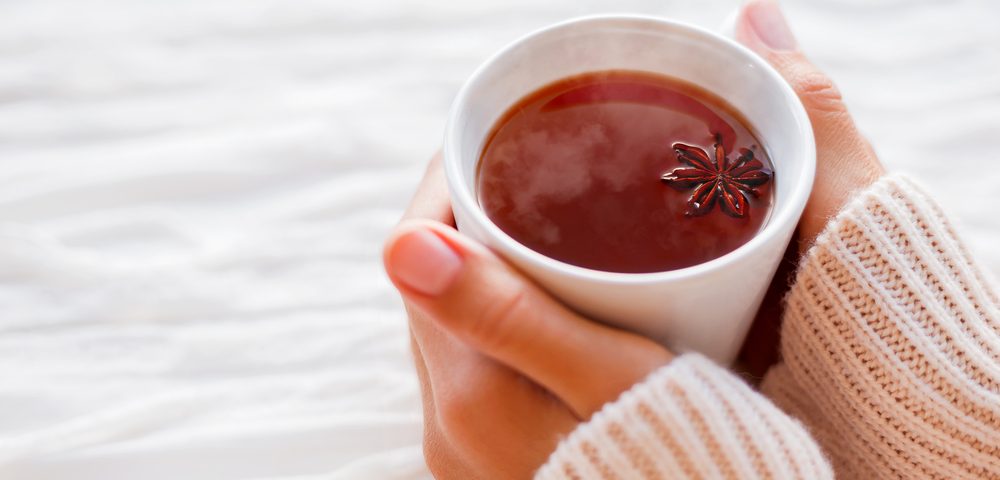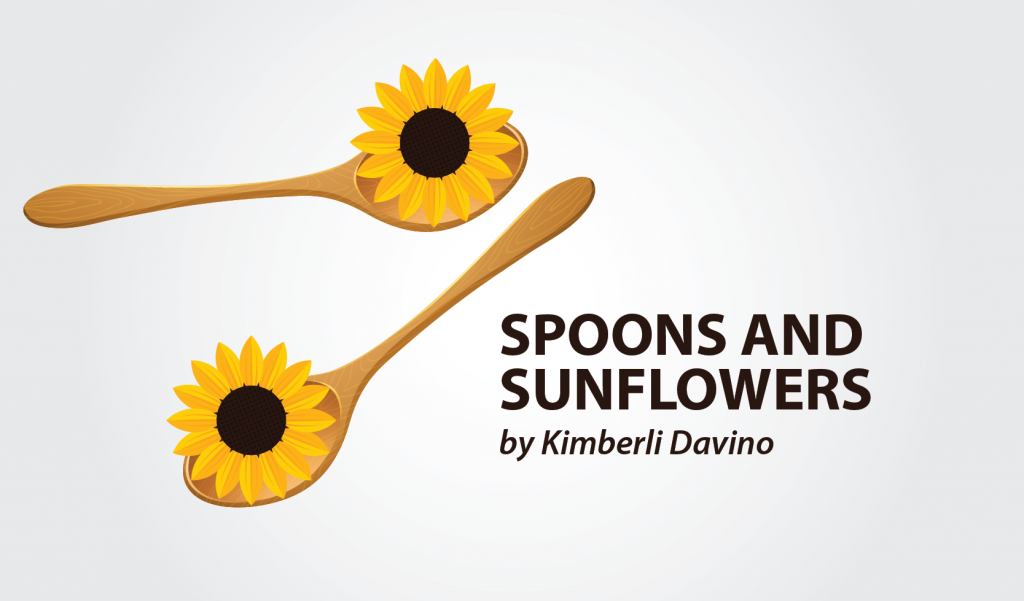In last week’s column, I talked about a few tips that help me with endometriosis while I am traveling. This week, I will continue with some more travel tips on what you consume.
Drink lots of water and imbibe alcohol wisely
All day, every day, I drink a lot of water. If you are traveling somewhere warm, then you most definitely want to make sure you stay hydrated. For me, staying hydrated helps keep my headaches to a minimum and my bloat down.
As for alcohol, I try to limit myself to one at lunch or one at dinner. I stay away from drinks that are sugary, have dairy or are thick and heavy. Light drinks, like vodka and tonic water, are what seem to work best for me.
Tip: Make sure to test a bunch of drinks before you go away, so you know ahead of time what works best for you. If you are drinking alcohol, be sure to drink water along with it. This helped me from getting hangovers, feeling sick or extra bloat. If you are not a water fan, try to spice it up by adding fruit to give it some taste.
Watch what you eat
What I eat has a huge impact on my endometriosis. This is what I am always the most nervous about while away. When I eat well, I feel well. Going out to eat while on vacation is my favorite thing to do. Usually, I expect to feel sick for the majority of the trip. But I have been able to manage what I eat while I am away. This helps keep my pains and flare-ups to a minimum the entire time.
I try to stick to the same diet I eat when I am home. Is everything I eat on vacation gluten-free and dairy-free? Well, no, but I eat in moderation and choose the healthier of the latter.
If you are staying somewhere that has a kitchen, cook some of your own meals. That way, you know for sure you are eating things that will not hurt you. If this is not an option, there are many things you can do at restaurants to help prevent stomach upsets. For me, staying away from anything fried is the best thing I can do. Instead of fried, I will get things grilled or even blackened, and they are still just as yummy! I try to stick with chicken or fish, as red meat hurts my stomach.
If you plan to order a bigger meal for lunch, go with a smaller meal for dinner, and vice versa. Sometimes it is important to stay away from anything that has dairy or a creamy texture. Sometimes that is not always the case. Certain foods may have mayonnaise, cheese or dressings (like ranch) on them. In moderation, being sure not to overindulge, I am able to enjoy these few things and still keep a bloat-free belly.
Typically, my eyes are bigger than my stomach. I always feel the urge to order an appetizer, a salad and my entree. When I am on vacation, I tend to stay away from appetizers and breads and just order my meal. Honestly, this helps a lot. Not only does it help my stomach, but also it saves some money. The same goes for dessert!
Many restaurants post menus outside to look at before going inside. I highly recommend looking at the menu before entering, because it will save a lot of stress and concern about what to order.
Tip: If I am traveling by car, I bring snacks that I know do not bother my stomach. I munch on these throughout the day. This helps keep me from becoming overly hungry at restaurants and ordering something I should not. If traveling by plane, stop at a grocery store once you land and grab some snacks. Keep in mind, many restaurants now have gluten-free menus and food-allergy options. Do not be embarrassed to ask questions about what you are ordering.
Lastly
It is important that you already know your triggers before you go on vacation. Knowing this makes it easier to look out for them while you’re away. If you are traveling with others who do not know much about your illness, inform them. You do not need to explain your entire story, but let them know you may tire easily, become sick easily or need to opt out on an outing.
I would love to hear any tips for traveling with endometriosis that work for you!
***
Note: Endometriosis News is strictly a news and information website about the disease. It does not provide medical advice, diagnosis, or treatment. This content is not intended to be a substitute for professional medical advice, diagnosis, or treatment. Always seek the advice of your physician or other qualified health provider with any questions you may have regarding a medical condition. Never disregard professional medical advice or delay in seeking it because of something you have read on this website. The opinions expressed in this column are not those of Endometriosis News or its parent company, BioNews Services, and are intended to spark discussion about issues pertaining to endometriosis.


